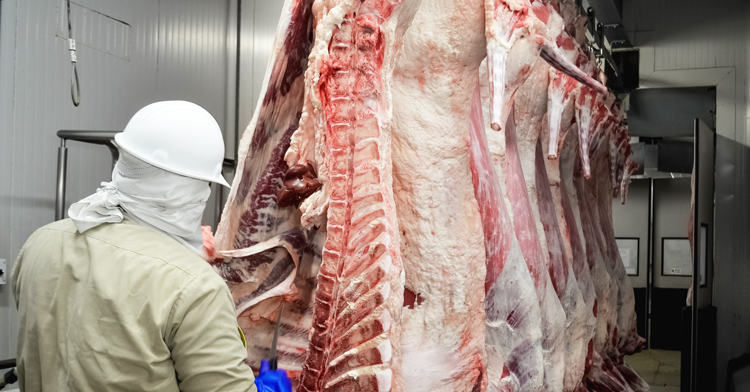Senasica published the Zoosanitary Requirements Sheets (HRZ: Hojas de Requisitos Zoosanitarios), through which the sanitary conditions for the importation of safe bovine meat originating in and coming from two areas of Brazil are established, which helps to guarantee the diversification of supply sources of meat for the benefit of Mexican families.
The animal health requirements sheets, which are available on the Senasica website, establish the risk mitigation measures that plants authorized to export to Mexico must comply with, which were defined based on the risk analyzes carried out by the experts. in animal health of the organ of the Ministry of Agriculture.
Thus, the Government of Mexico endorses the importation of meat from the state of Santa Catarina, which is recognized by the World Organization for Animal Health (OMSA), as a zone free of foot-and-mouth disease without vaccination, recognition that our country also has, allowing for the safe exchange of fresh, chilled or frozen meat on the bone. In addition, it covers the import of matured and boneless meat from 14 states, recognized by the OMSA with the status free of foot-and-mouth disease with vaccination.
Regarding the suspected case of bovine spongiform encephalopathy (BSE) detected by the Brazilian health authority at the end of February, in a nine-year-old animal from the municipality of Marabá, Senasica indicated that on March 3 it received a communication from the Ministry of Agriculture of Brazil to inform that the OMSA reference laboratory located in Alberta, Canada, confirmed that it is an isolated case of atypical BSE type H.
According to the OMSA, the atypical form of BSE appears naturally and sporadically in old cattle, it is not transmissible and does not represent any risk for animals or humans, therefore, Brazil maintains the status of BSE as negligible risk, which is the same one that Mexico holds. The authorization granted to Brazil is the product of work between Senasica and its Brazilian counterparts, which began more than 12 years ago, when the South American country requested the export of poultry, pork and beef to Mexico. Since then, the conversations and the exchange of information began so that the experts from the DGSA and the General Directorate of Agro-alimentary, Aquaculture and Fisheries Safety (DGIAAP: Dirección General de Inocuidad Agroalimentaria, Acuícola y Pesquera) began to analyze the issue.
For more information, visit: Senasica establishes requirements for the import of beef from Brazil
